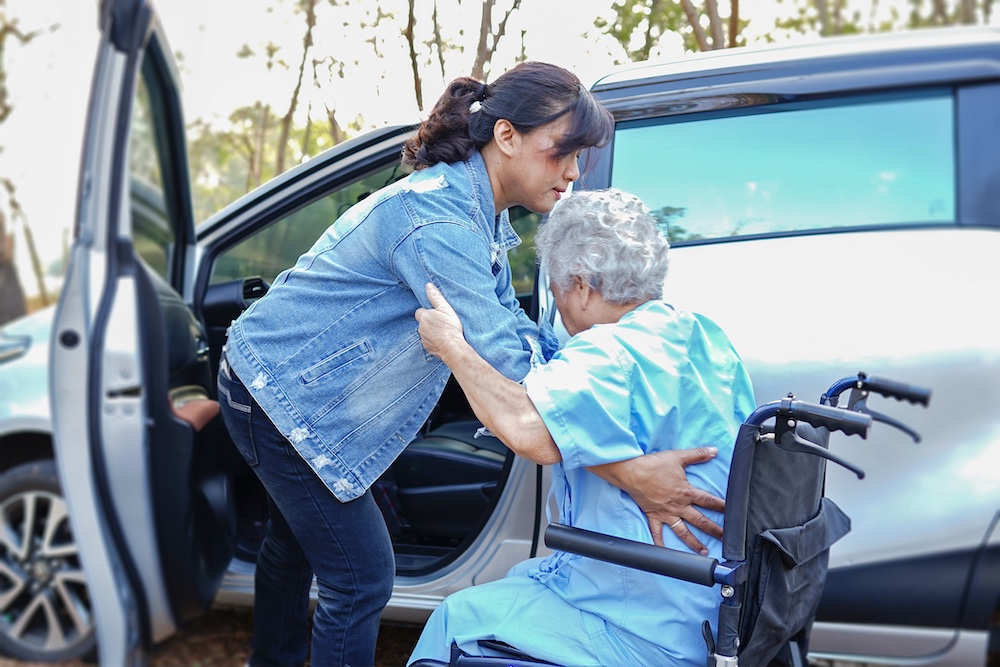 |
| A new playground being built by volunteers in New Orleans (Photo by Casey Clevenger) |
Last month, I had the opportunity to take five days away from work and studies to volunteer for relief work in New Orleans, Louisiana through the Jesuit Volunteer Corps (JVC) â50@50â program. The trip was part of JVCâs effort to bring fifty volunteers to assist in relief projects in the gulf region during five separate weeks of service. The theme of the week was âRacial Justiceâ and in addition to working on various reconstruction projects, our group of twelve participated in a larger dialogue on issues of racism at a local and national level, attending a talk by Tavis Smiley on his book, Covenant with Black America.
While my current work at IWPR and graduate studies in Public Policy and Womenâs Studies at George Washington University are focused on improving the status of women, minorities, and low-income populations in the United States, research and academic engagement in these issues are not always enough to make me feel truly connected and actively engaged in problems of poverty, racism, and systematic injustices in the U.S. Taking time out of my regular schedule to step away from books, policies, and computers, and contribute to âhands-onâ reconstruction efforts was invaluable.
Our group had the chance to spend time with residents, listen to their stories, and show our concern to those lives disrupted by the destruction of Katrina. As we talked to long-term volunteers, cleared storm drains, helped gut houses and sort clothing with Common Ground, and assisted Fanny Mae employees build a school playground with KaBOOM, it was clear that relief to the most vulnerable communities of New Orleans is being provided by volunteers and nonprofit organizations.
As I have learned in various volunteer positions, including the year I spent as a Jesuit Volunteer (2004-2005), the work of social justice is not complete without community, solidarity, individual commitment, and an awareness of the important policy issues at stake. However, as volunteers and as citizens, we must also question the role of our government in providing leadership and executing policies that take into account all populations of our country. We must hold our government accountable for its decisions. Rebuilding our own communities and inner cities, addressing injustices within our own fifty states, must be a national responsibility and priority if the U.S. is to legitimately support democracy building in other nations.
This is why IWPRâs work on the effects of Hurricane Katrina is so important. Returning from New Orleans, I am grateful to be working for an organization actively involved in the dissemination of research on gender, race, and poverty in the aftermath of hurricanes Katrina and Rita. IWPRâs reports on the women of New Orleans and the Gulf Coast were the first reports to look at the impact of Hurricane Katrina and specifically address its effects on impoverished women in the area. In addition to its two-part briefing paper, The Women of New Orleans and the Gulf Coast: Multiple Disadvantages and Key Assets for Recovery, IWPR is interviewing people impacted by Katrina in order to make policy recommendations that will take into account their realities and better inform the recovery process.
It has been over a year and a half since Hurricane Katrina struck and there is an enormous amount of work left to be done, but I am glad to know that in advocating for policies that promote economic justice, IWPR continues to give voice to those still suffering from the devastating effects of the storm.
– Casey Clevenger, IWPR Development Intern



